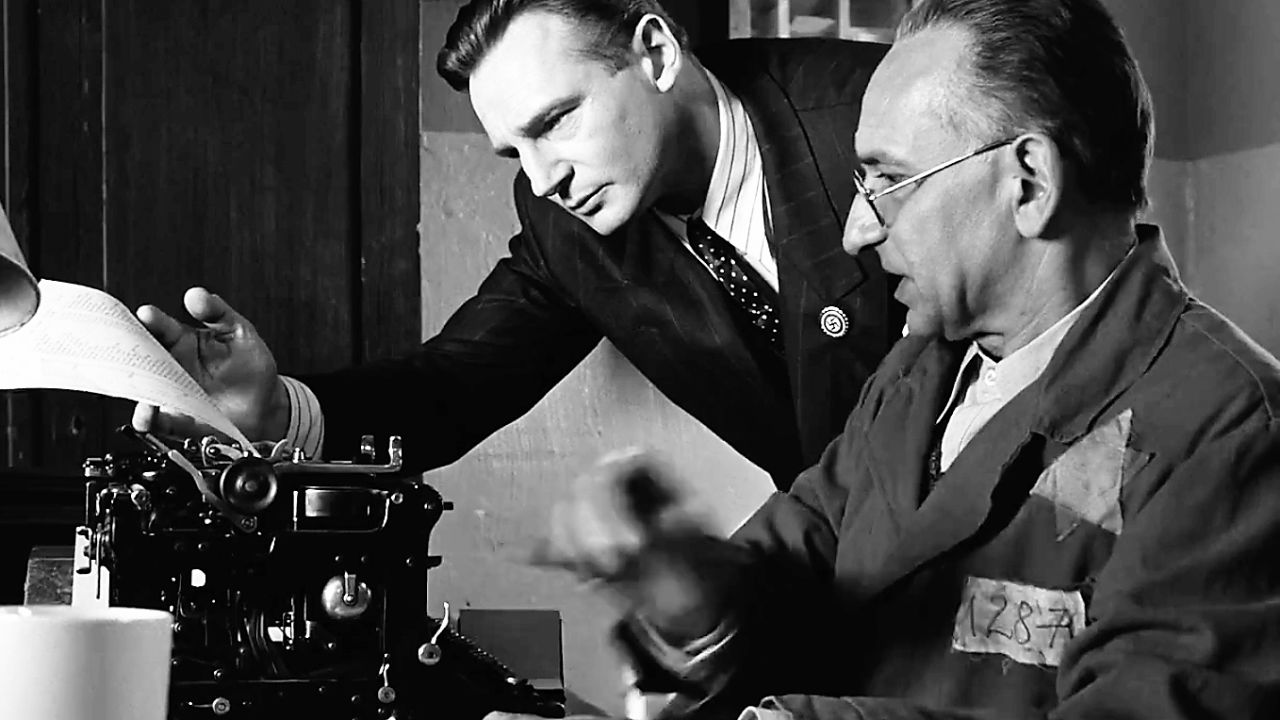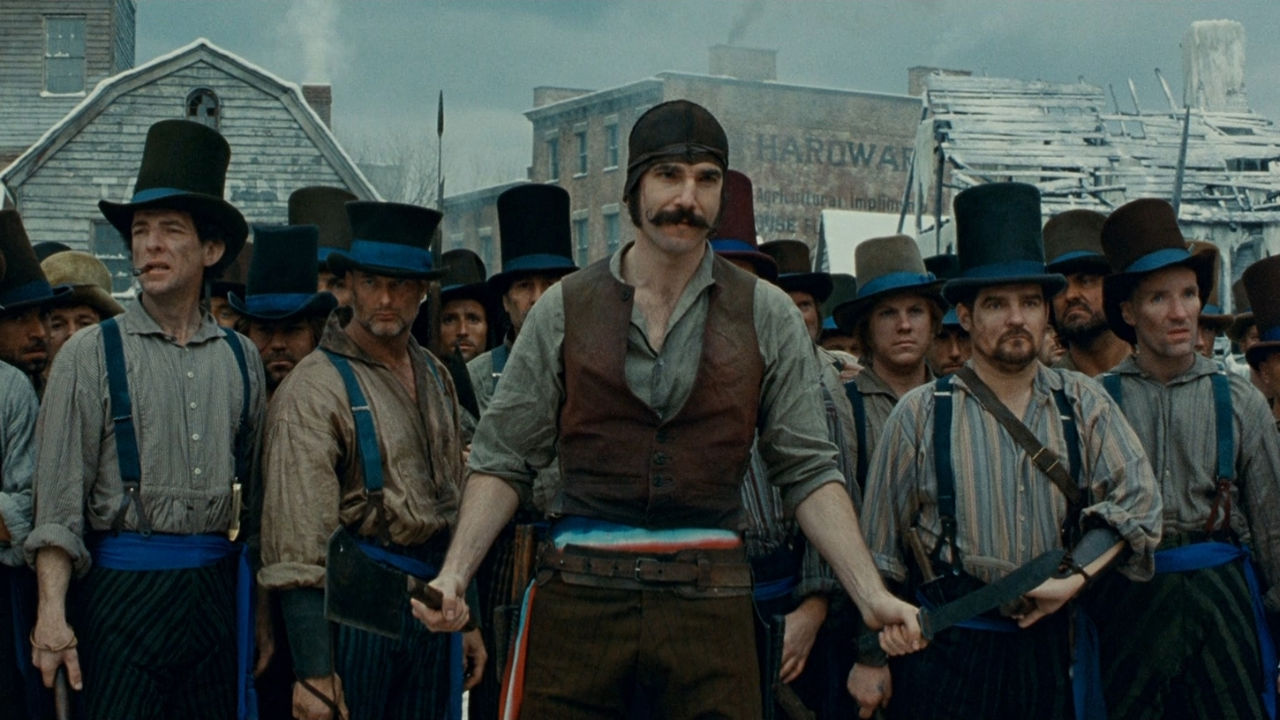
“Letting everyone down would be my greatest unhappiness.”
This film has been featured in an episode of my podcast about movies and mental health, Peculiar Picture Show!
Marie Antoinette, the person, is someone I didn’t know a whole lot about, aside from the fact that France beheaded her and she allegedly told peasants to eat cake when they had no bread. Marie Antoinette, the 2006 film by Sofia Coppola (Lost in Translation, The Virgin Suicides), takes that vague historical figure and brings her to life, making her more human than a lot of fictional characters I see in film. Starring Kirsten Dunst and Jason Schwartzman, the humanity of Marie Antoinette and Louis XVI really is the focus of this film. Antoinette especially is made relatable to viewers today, even if the film is not 100% historically accurate—a very conscious decision on Coppola’s part. This is a film that I didn’t fully appreciate until my second viewing, as the true depth of the film evaded me on my first viewing because I was expecting something very different. The film has some great things to say about gender norms and societal expectations that elevate this from a breezy biopic into intelligent social commentary that’s surprisingly relatable.
Continue reading “Marie Antoinette”








